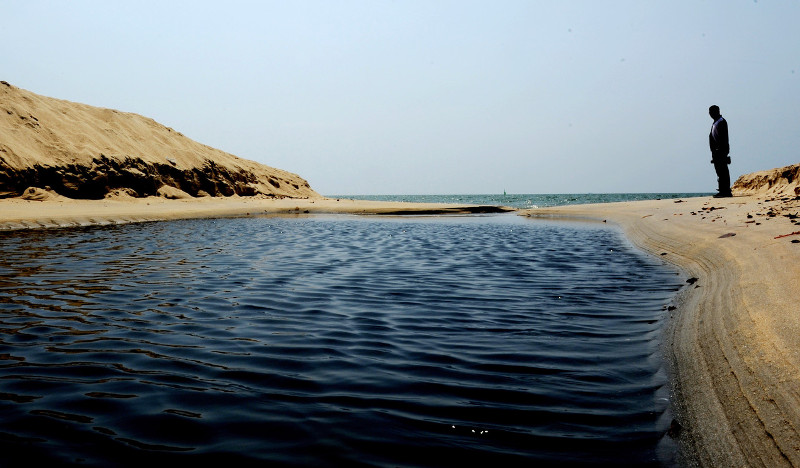GEORGE TOWN, July 2 ― Despite efforts to deal with river pollution in Penang, the problem is still occuring mainly due to public apathy.
A check by Bernama at the rivers in the state revealed that they were contaminated and emitted foul smell.
Apart from the 3.2 km-long Sungai Pinang here, several other rivers such as Sungai Jawi, Sungai Juru, Sungai Perai and Sungai Mas are also having problems with pollution.
A resident in Jalan Sungai, A. Krisnan, 44, who has lived near Sungai Pinang since childhood, said he used to be able to bathe in the river but now he could not even go near the bank due to the foul smell caused by rubbish that washed into the dirty river.
Norjah Shabdin, 58, who lives in Jalan P.Ramlee, said various types of rubbish flowed into Sungai Pinang that is located behind her house, including school bags, plastic packages, banana trees and dead animals.
“I always noticed individuals, whose attitude is apathetic, when I pass the small bridge (behind Ropewalk market) and they will simply throw rubbish into the river,” she said.
Another resident in Jalan Sungai, Mustaqim Saad, 23, said the wastes were normally from roadside stalls and residential flats in the area.
A check in the Sungai Juru and Sungai Perai also found the presence of oil on the water surface believed to be caused by industrial toxic wastes being dumped into these rivers.
According to academicians from the University Sains Malaysia (USM)'s School of Biological Sciences, the findings of its researchers, among others, showed that the rivers in Penang were already polluted since 2000.
Its Ecology and Freshwater Research lecturer Dr Amir Shah Ruddin Md Shah said the main factor was the attitude of the people, who indiscriminately threw rubbish, diapers, food waste on the river bank.
He said the population density in the vicinity of Sungai Pinang coupled with the selfish attidute of the people were also another factor that caused more rubbish to be generated.
On the pollution in Sungai Mas, Batu Ferringhi here, Mangroves and Marine Ecology Research lecturer Prof Madya Dr Khairun Yahya said most of the houses in the area were built on state land that could not be demolished due to the sentiment of the residents there.
“Although the settlement is illegal, it can still operate because it has electricity supply but does not have any systematic sewerage system,” he said, adding it became a problem when domestic waste is channeled to the river.
Meanwhile Sahabat Alam Malaysia (SAM) officer Zulkifli Yusuf said the river pollution in the state stemmed from wastes from business premises and residential areas as well as oil from industrial areas.
Even though the authorities were working hard to clean up the rivers, he said the problem would not be solved as long as there was a lack of enforcement.
State Department of Irrigation and Drainage director Sabri Abdul Mulok said all these premises did not have a proper treatment system and reminded all business operators to provide appropriate treatment methods before releasing wastes into the rivers.
“This river is near the river mouth...the river water will continue into the sea and affect the view of the Batu Ferringhi beach and, thus jeopardise the tourism industry,” he said. ― Bernama



















